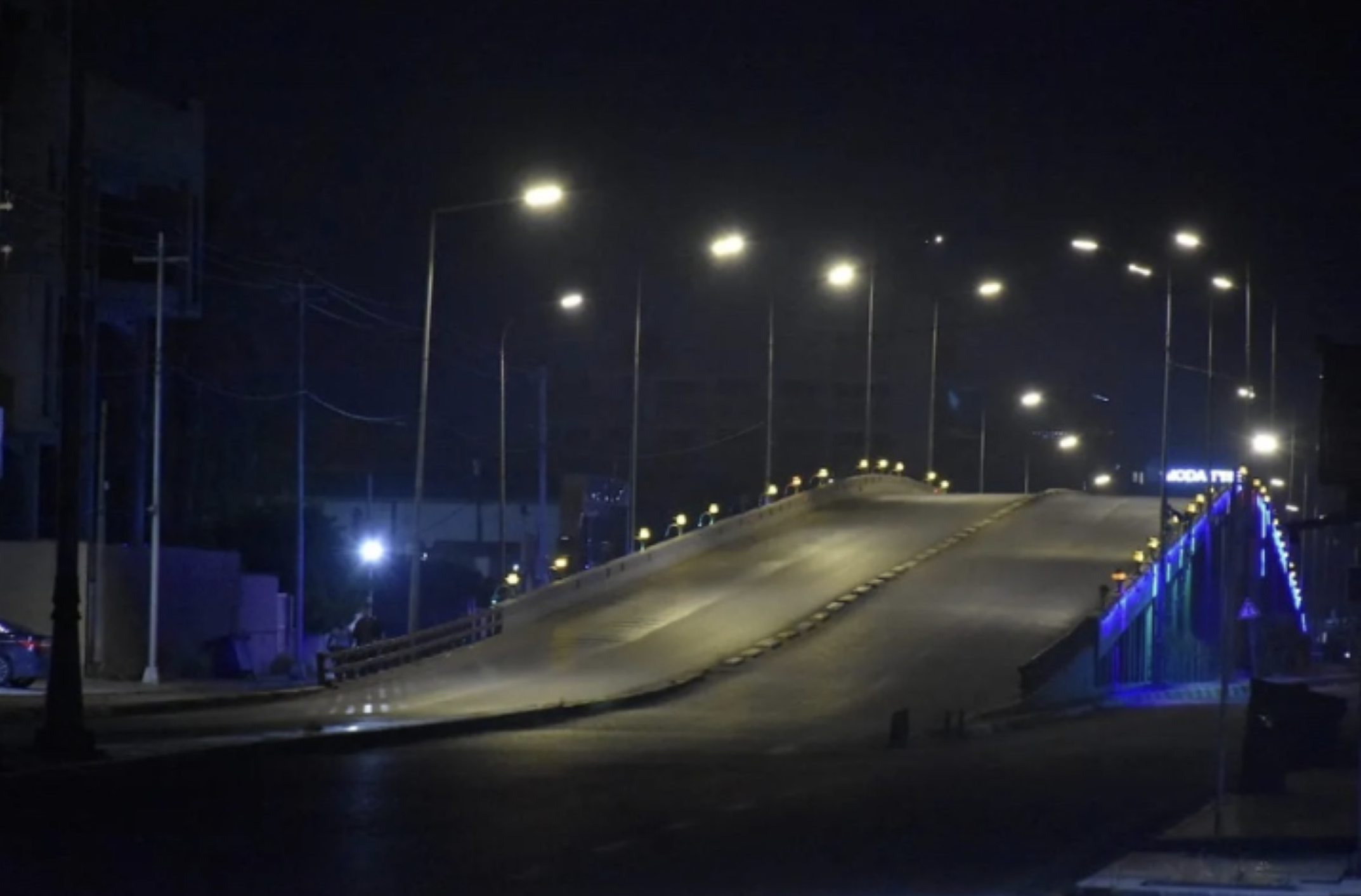


Photo Credit: Clemente Bernad, Untitled, 1996. |
Decentralization (or federalism) can reduce the likelihood of countries splitting into separate states and violence occurring between governments and marginalized groups. It can do this by extending political authority to marginalized groups at lower levels of government (e.g., regions, states, and municipalities). In decentralized systems of government, groups can educate their children in their native languages, adopt marital and family codes consistent with their values, and so forth. However, decentralization can backfire because it can empower groups to create their own states. In Peace by Design, and related papers, I analyze the conditions under which decentralization is likely to keep countries together and reduce violence. The study has important implication for many countries around the world, including Iraq, Myanmar, Spain, and Ukraine today. Related materials: |

Photo Credit: DALL·E, 2024. |
Electoral violence commonly occurs in countries around the world, even in democracies, like the United States. Violence is used to prevent elections, alter the outcome of elections, and contest the results of elections. In my research, I have analyzed why violence occurs during some elections and not others and the motivations of political actors to use violence instead of fraud to steal elections even though fraud is much easier to hide than violence and supposedly more likely to discredit elections as a result. I have also analyzed whether using violence rather than fraud to manipulate the outcome of elections has different domestic or international consequences for countries, and how institutions can be designed to reduce the incidence of violence. Related materials: |
|
Photo Credit: Adrián Lucardi. |
Foreign states, like the US, spend billions annually promoting democracy directly and indirectly in other countries, while authoritarian regimes, like China and Russia, commonly spend billions trying to resist the spread of democracy to their borders. When do people rise up in the streets to resist threats to democracy? Can democracy be fostered from outside and what, if anything, drives public support for international democracy promotion? In my research, I have analyzed these and other questions related to democratization. Related materials:
|

Photo Credit: Middle East Monitor, CCA-NC-SA 4.0 International License. |
Natural disasters, including pandemics, and government responses to them can have a significant impact on the national security of states. They can undermine the capacity of governments to fight insurgencies by indirectly harming states’ economies. At the same time, they can increase competition for scarce resources among groups and increase grievances against states, depending on how well governments handle the disasters. In research on natural disasters and the COVID-19 pandemic, I have found that natural disasters increase and prolong violence within states indirectly through their effects on states’ economies. On research on the COVID-19 pandemic, I found that lockdowns, which were used to mitigate the spread of the disease, reduced non-state actor violence directly to an even greater degree, by making it more difficult for nonstate actors to operate logistically. The effects even endured after lockdowns were lifted. Related materials:
|